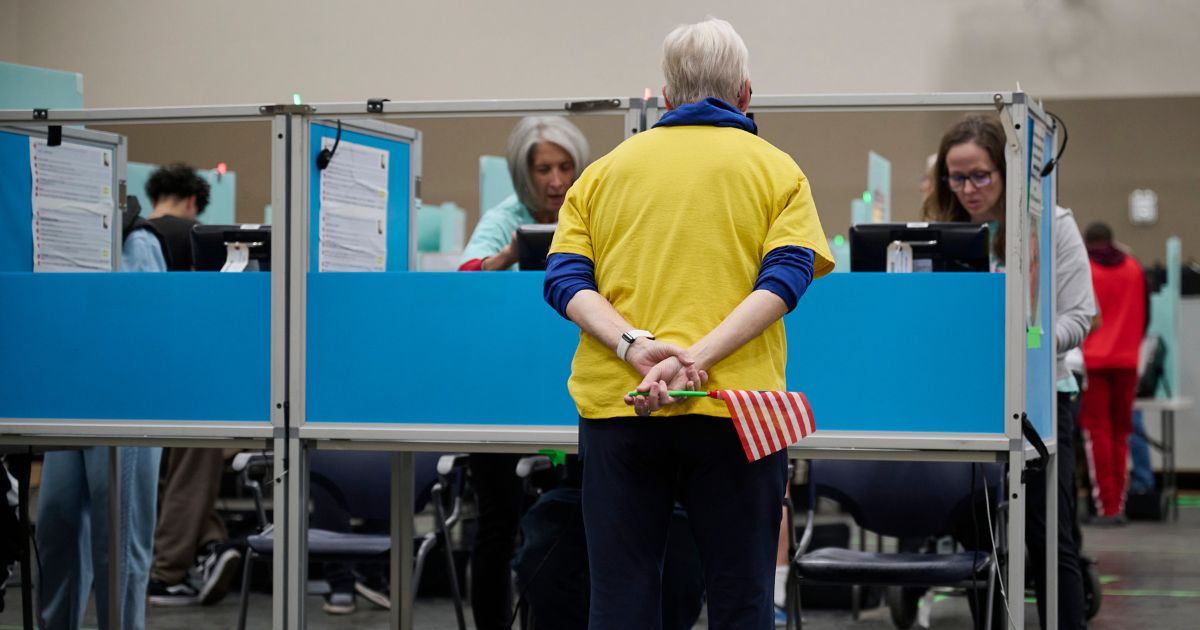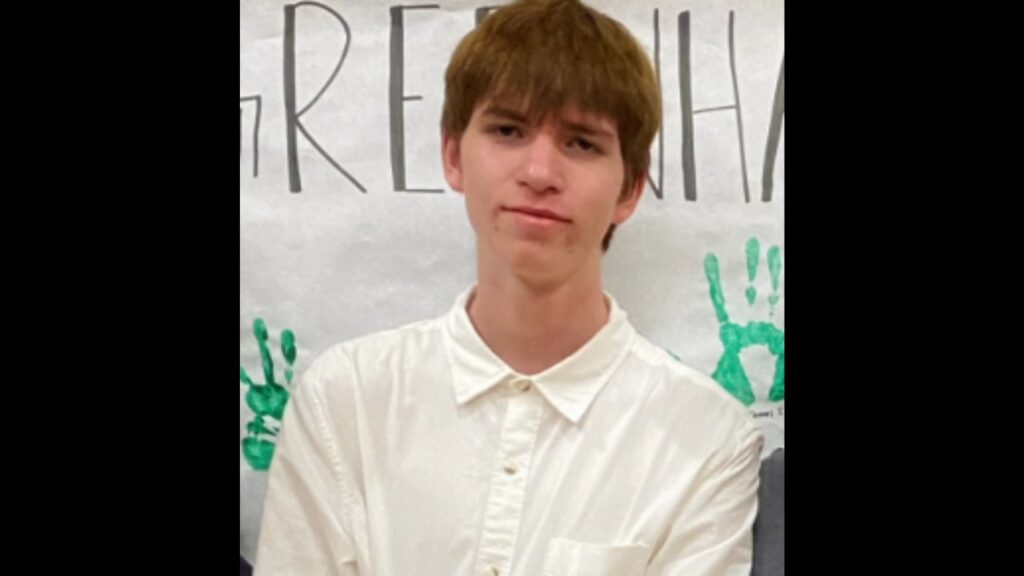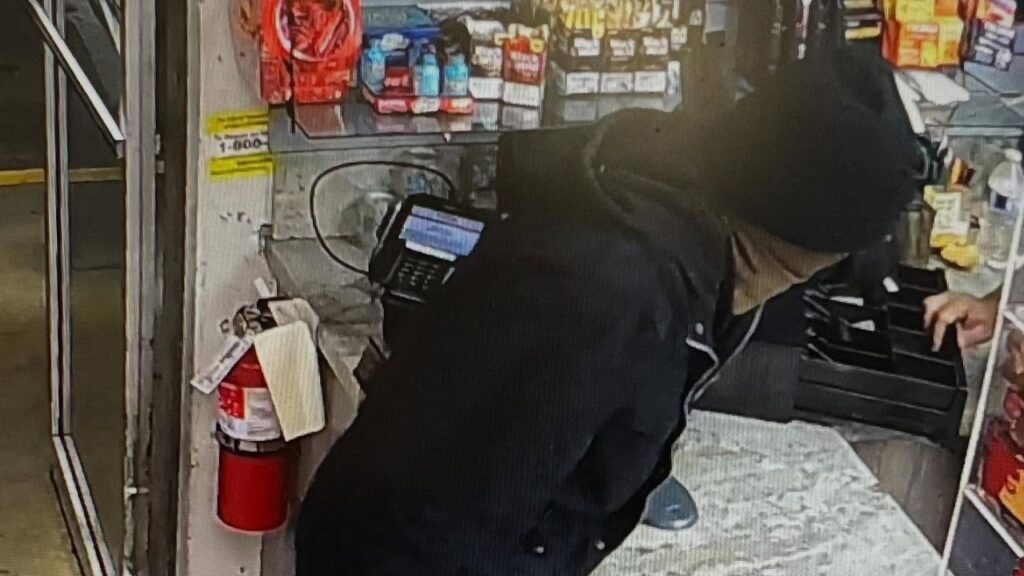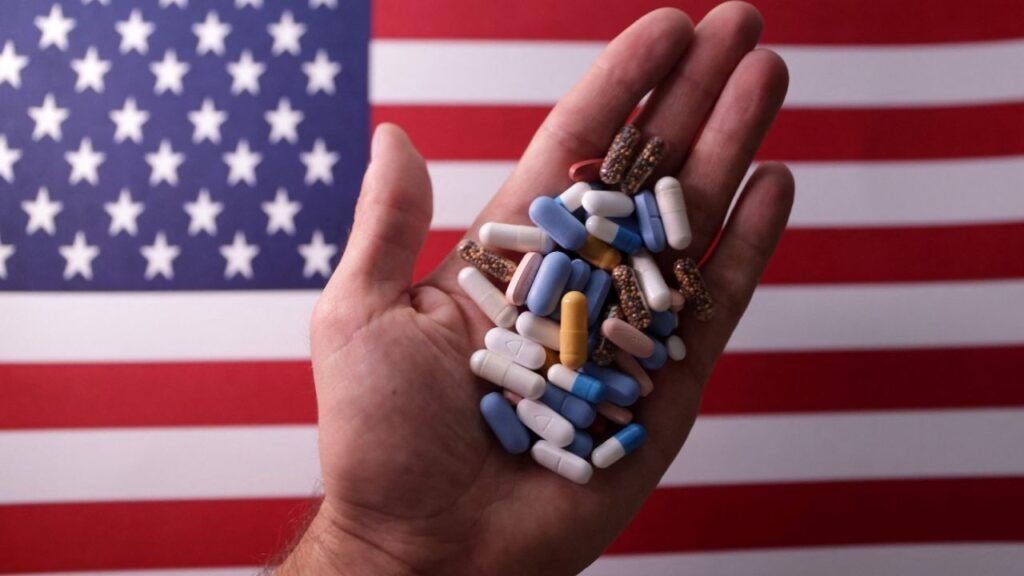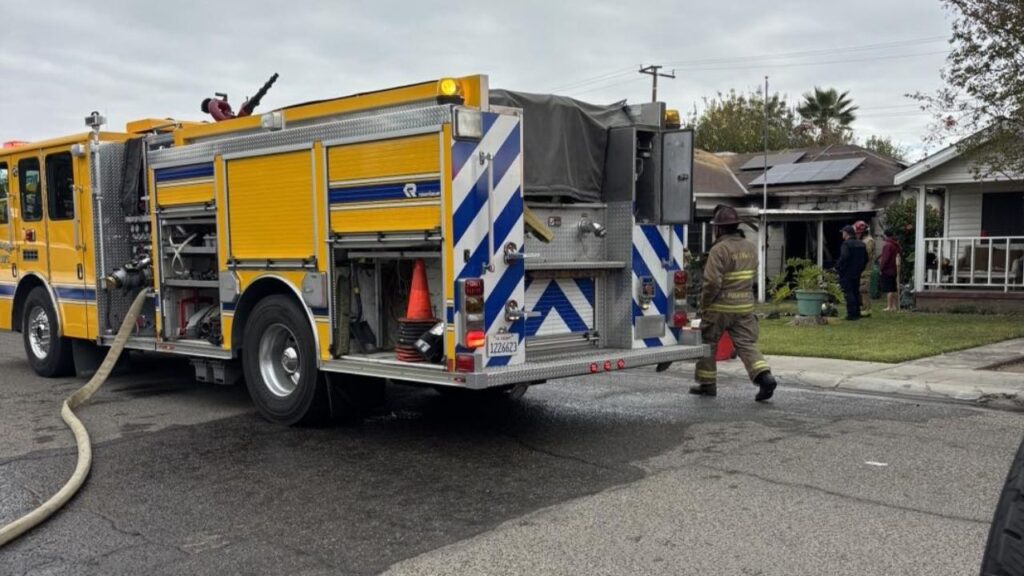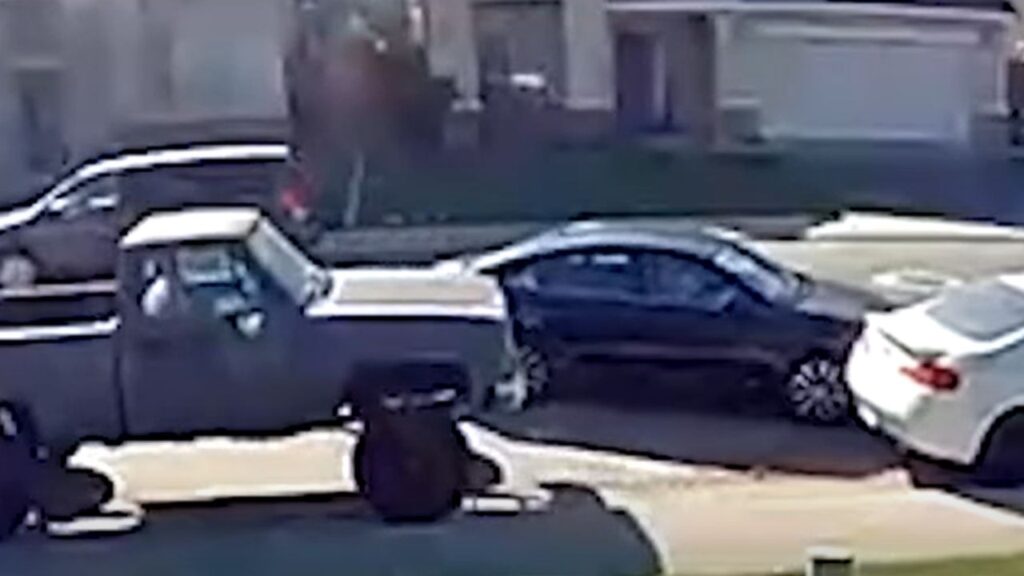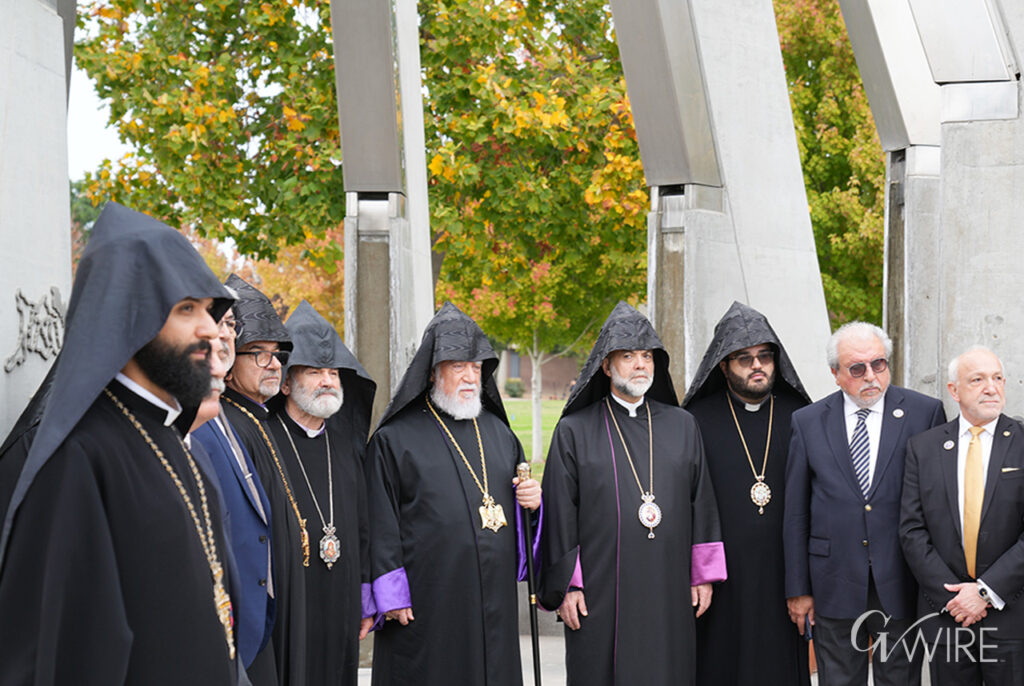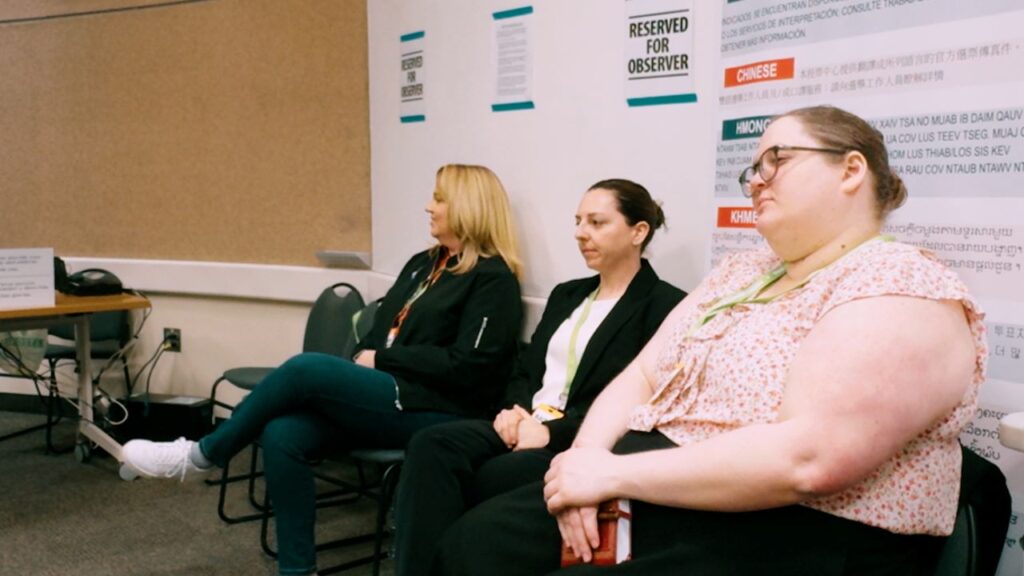Voters cast their ballots at Desert Breeze Community Center in Las Vegas during the last day of in-person early voting in Nevada on Friday, Nov. 1, 2024. Nearly 75 million people have cast early ballots, making their voices heard amid worry about the process, the outcome and democracy itself. (Bridget Bennett/The New York Times)

- A longer early voting period has heightened confusion, spurring rumors and legal battles that could delay election results.
- False videos manufactured by Russian agents are fueling distrust in election integrity, amplifying claims of voter fraud.
- Platforms like X allow users to report “election irregularities,” often sharing unverified claims, intensifying misinformation challenges.
Share
|
Getting your Trinity Audio player ready...
|
This year’s early voting period appears to be far more polluted with election misinformation than those in previous presidential races, according to researchers who track disinformation.
The tidal wave of falsehoods, anecdotes and rumors is adding confusion and chaos to this year’s election process, forcing election administrators to forcefully debunk them in statements and social posts that have struggled to break through the noise. The misleading narratives have spurred lawsuits and could fuel additional legal claims that may slow the electoral process or the declaration of winners.
“I don’t know exactly how to measure it, but it certainly feels like an enormous problem,” said Amy Cohen, executive director of the National Association of State Election Directors. “It just feels so, so difficult to get our arms around it.”
Here are five reasons this year’s early voting period is flooded with falsehoods.
Related Story: Trump’s Crowds Are Dwindling as His Campaign Winds Down
1. Early Voting Has Increased
More voters have embraced early voting and mail-in voting since 2020, creating a longer period of interaction between voters and election officials. That has inadvertently led to the kind of tense and confusing exchanges that can spin into controversy online and spread wildly before the facts are known.
Pennsylvania officials, for example, have spent the early voting period battling one falsehood after another, including a claim that a postal worker committed voter fraud when a video showed that he was simply delivering mail-in ballots.
“The period of time to generate all of those Election Day rumors is stretched out across all of these early in-person voting periods,” said Kate Starbird, a founder of the Center for an Informed Public at the University of Washington.
2. Foreign Agents Are Pushing Fake Videos
A viral video posted on Oct. 24 appeared to show election workers tearing up ballots. Another seemed to show immigrants in the country without legal permission who had successfully registered to vote.
Neither video was authentic. The videos were “manufactured and amplified” by Russian agents, according to statements by the FBI.
Related Story: Trump Threatens 25% Tariff on Mexico to Curb Immigration
The videos underscored the continuing role that Russia and other foreign governments have tried to assert over U.S. elections, amplifying former President Donald Trump’s false claims of voter fraud.
“The Russians in particular are using many more platforms, and smaller platforms, to target more precisely their divisive and pro-Trump disinformation,” said Paul Barrett, deputy director of the New York University Stern Center for Business and Human Rights, who studies online disinformation.
3. Social Media Is More Permissive
Social media companies, especially X, have adopted a more permissive posture around voter fraud claims. Under Elon Musk’s leadership, X unraveled its moderation layers and has allowed far-right conspiracy theorists back on the platform.
Musk has also become a chief purveyor of misleading claims, amplifying accounts known for sharing conspiracy theories to his 202 million followers and raising questions about the voting process that have put election administrators on the defensive.
“Let’s be clear: @elonmusk is spreading dangerous disinformation,” Jocelyn Benson, Michigan’s secretary of state, wrote on X this week, after Musk shared misleading information about the state’s voter rolls.
Musk did not respond to a request for comment.
Related Story: Big Pharma Backs Harris 6-to-1 Over Trump in Presidential Campaign
A report by Free Press, a nonprofit media watchdog, released on Thursday concluded that the “online landscape is worse in 2024 than in previous election cycles.” It found major platforms like Facebook and YouTube were less committed to policing misinformation and were less responsive to requests from watchdogs.
In separate statements, YouTube and Facebook said they continued to invest in safety and security on their platforms. YouTube said there have been no cuts in its Trust and Safety team. Meta, which owns Facebook, said the number of fact-checking partners increased to more than 100 this year, from 80 during the 2020 election.
4. Trump’s Rhetoric Is Bolder
Trump has long pushed false voter fraud theories, but never this much or with this level of fervor, experts said.
His claims have continued on social media during the early voting period, including a falsehood last week on Truth Social that “Pennsylvania is cheating, and getting caught, at large scale levels rarely seen before.”
“It wasn’t part of his standard speech the way it has been lately,” Steven Brill, a co-founder of NewsGuard, said of the change since 2020. “It’s just a world of difference.”
5. Voter Fraud Claims Are Now Crowdsourced
Musk’s political group, America PAC, started an “election integrity” channel on X this month where users are encouraged to post and share “potential instances of voter fraud and irregularities.” The portal includes rumors and anecdotes about potential voting issues, including videos of voters using drop boxes alongside baseless claims that they are stuffing them with votes.
Related Story: Trump’s Crowds Are Dwindling as His Campaign Winds Down
The Republican National Committee also unveiled a portal, called Protect the Vote, in April that aimed to get 100,000 volunteers to monitor and submit potential cases of voter fraud.
True the Vote, an organization that has been sued for spreading falsehoods about election integrity, rolled out its own portal this year called Vote Alert. Among dozens of claims listed there is a false report about Dominion Voting Systems, the voting machine company targeted by falsehoods in 2020. The report claimed that a Dominion voting machine displayed both a “public” and “private” vote counter and that those numbers did not match, suggesting possible ballot manipulation. A representative for Dominion said that she was baffled by the claim and that no such counters exist on its machines.
True the Vote did not immediately respond to a request for comment.
–
This article originally appeared in The New York Times.
By Stuart A. Thompson/Bridget Bennett
c. 2024 The New York Times Company
RELATED TOPICS:
Categories
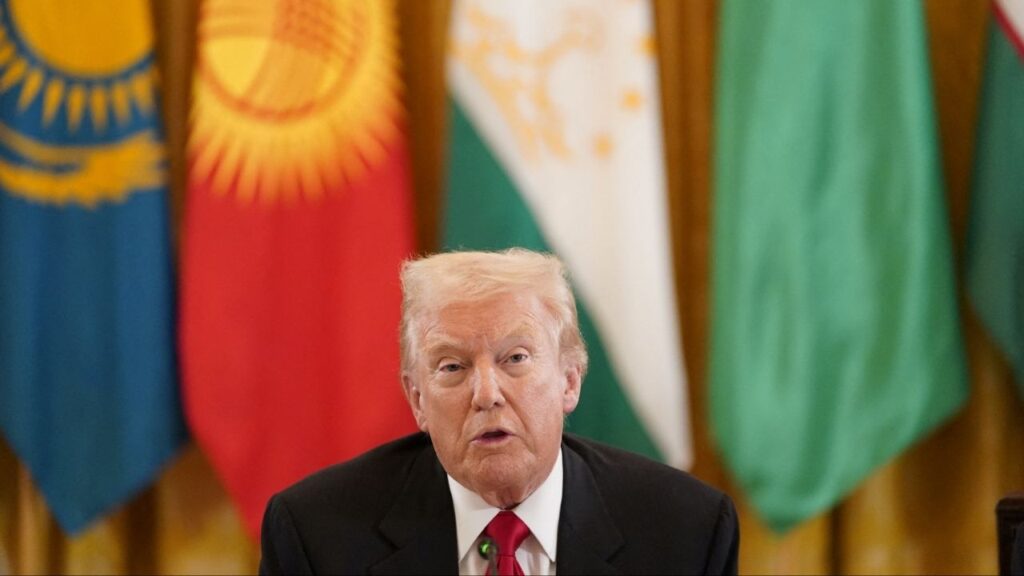
Kazakhstan to Join Abraham Accords, Trump Says
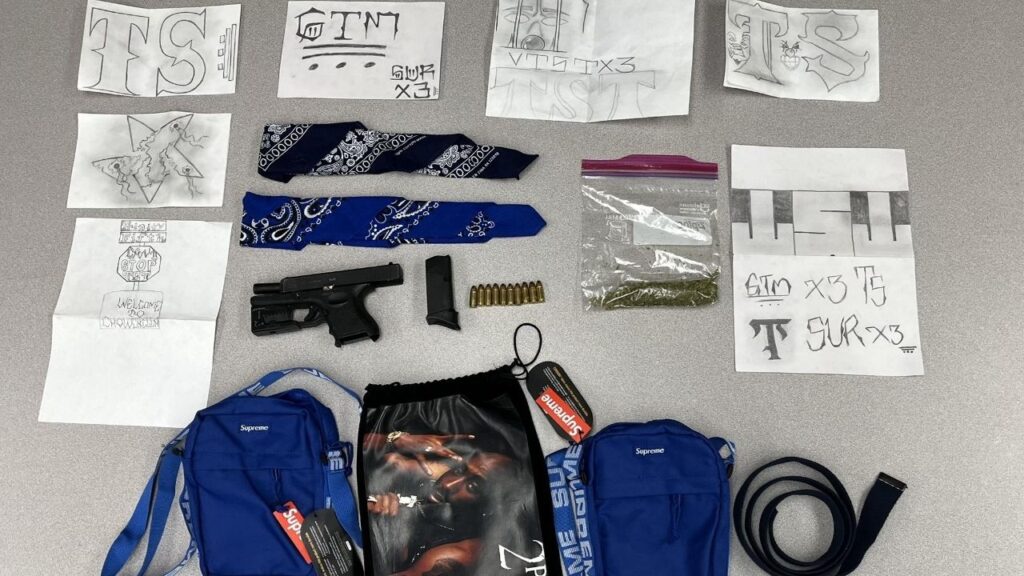
Chowchilla Police Arrest Two in Connection With Shooting
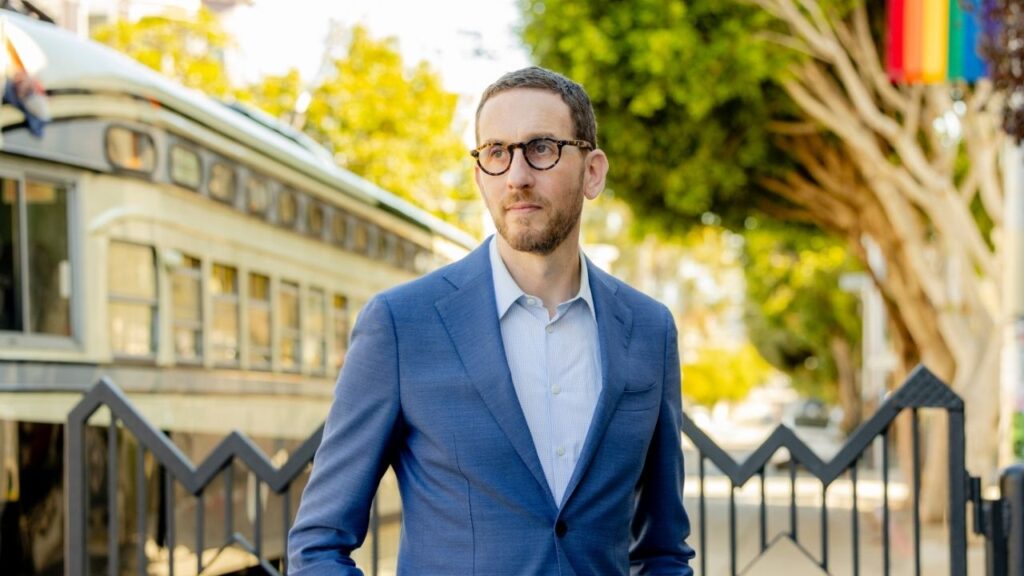
Who Will Replace Pelosi in Congress?



